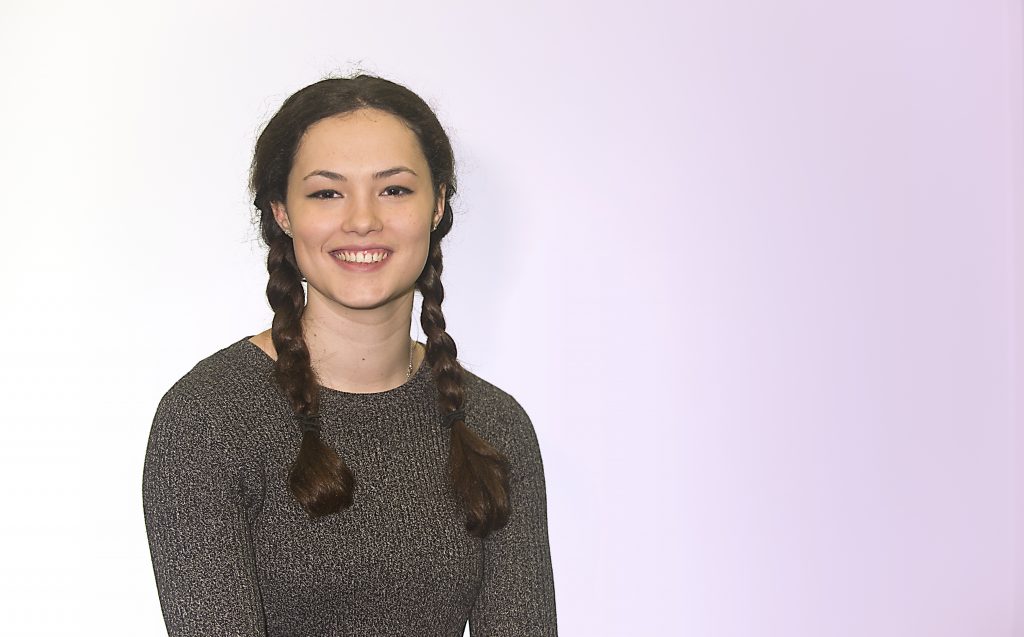Gaby Vicarey, a postgraduate student studying an MSc in Geotechnical Engineering, writes about her experience so far as a postgraduate student at Newcastle University
I believe that Newcastle itself is a very welcoming city, there are a lot of cultures here and recreational areas where people can get together and have a good time. The University is in the town centre making it very easy to just walk into town and do something, like going to the cinema or watching the football. This nice relaxed attitude spreads throughout the university as well. There are plenty of opportunities across the campus to spend time with people on your course or just any one in general. It is very easy to meet other students on your course as during induction week there is an ice breaker party and an orienteering session where students from all courses are mixed to complete several tasks as a team.
Personally, I have really enjoyed my time here as everyone on my course and related courses are all really pleasant and friendly. Although a large percentage of our time together is spent in the research room, we all still talk to each other and help if needed. When we finish coursework or an exam we meet up in town and have a few drinks to relax and get to know each other a bit better. It is nice to mingle every now and again outside of university.
It is a bit easier for people who live in student accommodation to mix together as they are closer, a lot of people on my course live in the same block. Whereas, myself and a few other students live in separate housing in other parts of Newcastle such as Chillingham Road, Heaton which is a popular student area as the rent prices are fair and there are a lot of shops and restaurants. Nevertheless, there isn’t much of a difference as it is easy to use the metro service which is cheap and well connected throughout the whole of Newcastle. For example from Chillingham road to the university on foot is approximately 30 minutes whereas getting the metro will only take 10 minutes tops. Getting a metro day saver only costs £2.80 and you can visit other areas in a certain zone for the day.
Combining all this together, it has been very easy moving from home to Newcastle. If I ever need any help or someone to talk to about university work or personal matters there is always a friend on my course or an adviser from the university to help me.




